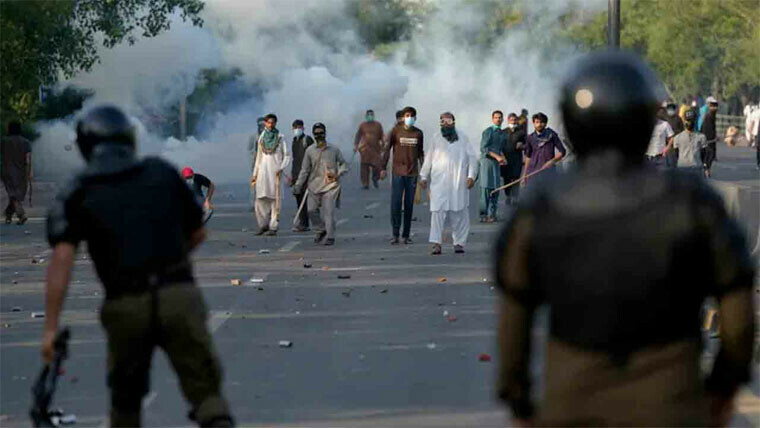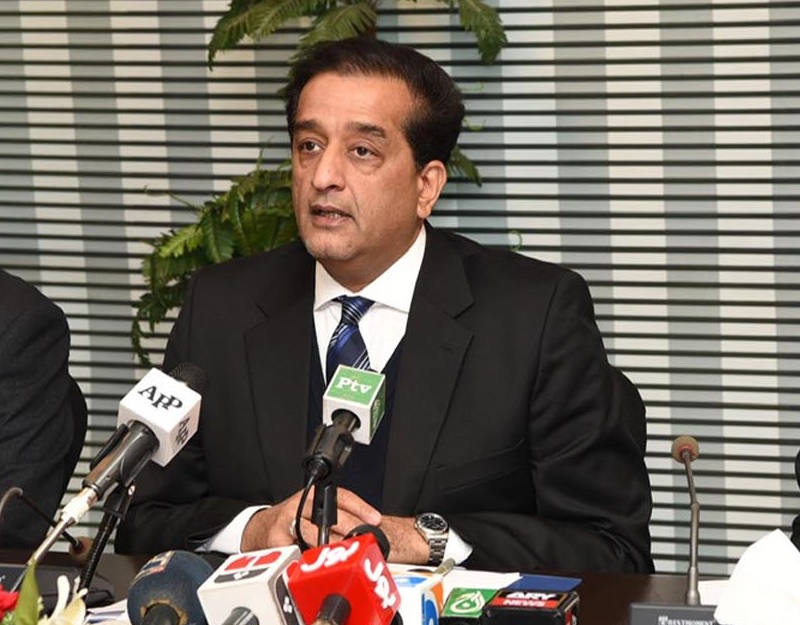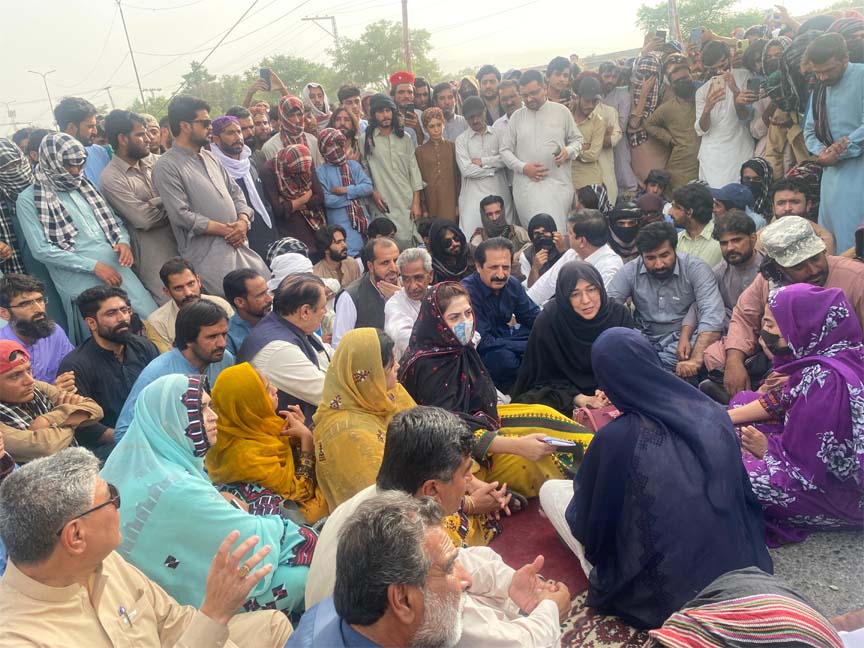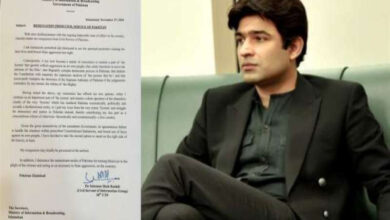Lahore Anti-Terrorism Court Extends Bail of Political Figures in Military Tower Siege Case

Islamabad:On 9th May, Lahore’s Anti-Terrorism Court extended interim bail until 2nd August for several accused, including former federal minister Fawad Chaudhry, Azam Swati, Masroor Jamshed, and Hafiz Farhat Abbas, in the case related to the Military Tower siege.
The court heard bail pleas for Omar Ayub, Asad Omar, and Fawad Chaudhry among other accused in the Military Tower attack case. Fawad Chaudhry appeared before the Anti-Terrorism Court upon completion of the interim bail period.
During the proceedings, an investigating officer requested additional time to submit the case record. He mentioned that statements from Omar Ayub, Hafiz Farhat Abbas, and others were not yet recorded due to their duties last week.
Judge Khalid Arshad remarked that he would decide on all bail requests definitively on the next date. He further stated, “I have seen all the videos, the police have given me USBs, all the accused have spoken like leaders.”
Judge Arshad added, “Those accused who have not submitted statements for interim bail will have their bail revoked.” This led to Omar Ayub’s lawyer, Ayub Masood Chishti, expressing distrust towards Judge Arshad during the conversation.
“We trust this court but it doesn’t mean you can mistreat us,” said Chishti. The judge assured that he would decide based on merits and gave the lawyers time to prepare their case until the next hearing on 2nd August.
The Anti-Terrorism Court also extended bail until 2nd August for Fawad Chaudhry, Azam Swati, Masroor Jamshed, Hafiz Farhat Abbas, and others in the case. Omar Ayub was not present in court today after requesting exemption citing his engagements at the Islamabad High Court.
Previously, after Imran Khan, Secretary-General of Pakistan Tehreek-e-Insaf (PTI), was arrested following the Islamabad High Court’s arrest, PTI staged nationwide protests during which military, police, and private properties were set on fire, causing severe damage. At least 8 people were killed and 290 were injured during these protests.
Protesters also stormed the residence of the Corps Commander in Lahore, known as Jinnah House, and broke a gate at General Headquarters (GHQ) in Rawalpindi.
Following these incidents, around 1900 individuals were arrested across the country for rioting, vandalism, and siege incidents involving government and private properties. Cases were also registered against Imran Khan and his party members.






